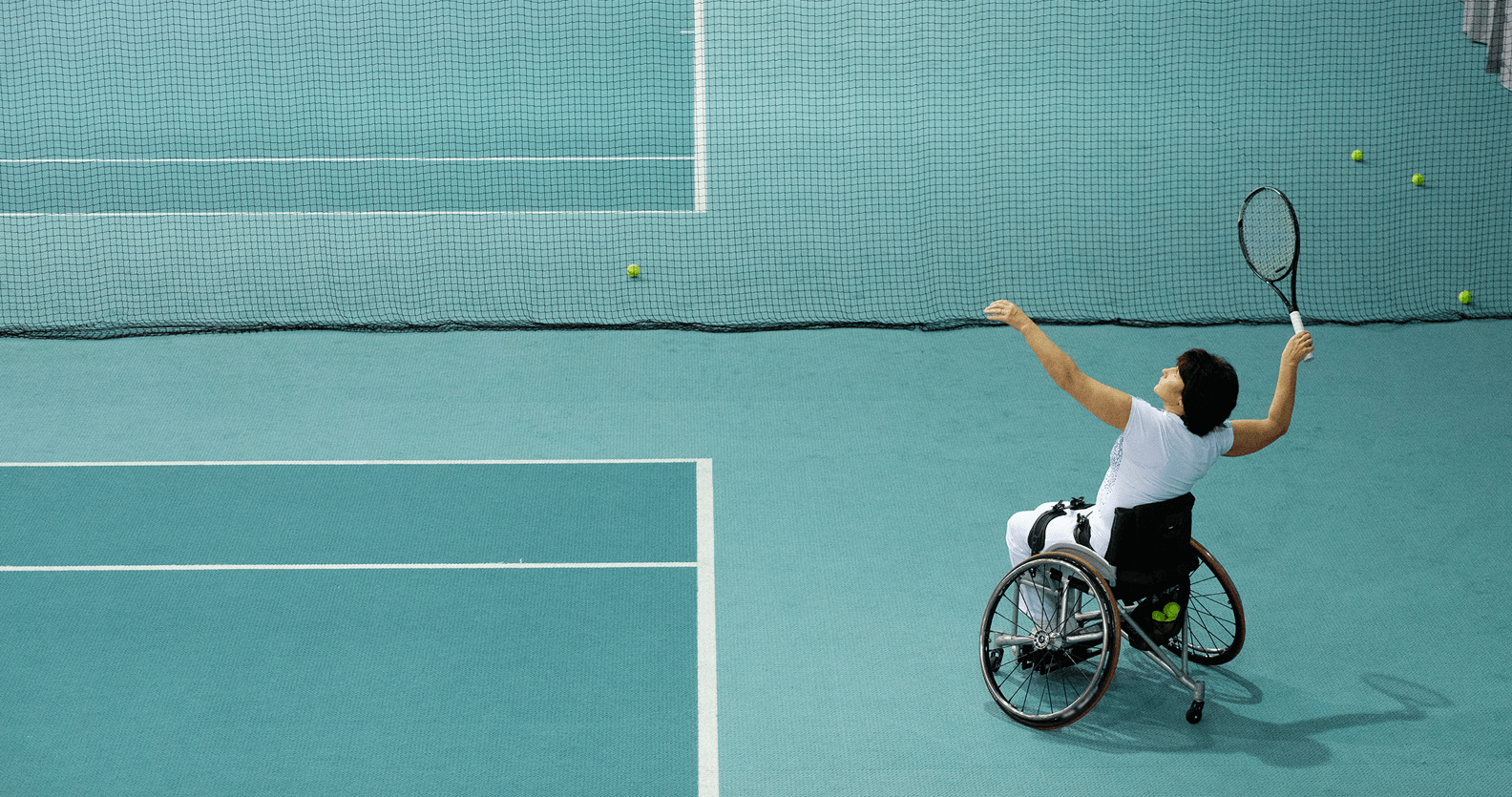What is high blood pressure?
As your heart pumps your blood to move it around your body, the blood pushes against the walls of your arteries. Over time, too much pressure can make your arteries less elastic, which decreases the flow of blood and oxygen. Decreased blood flow can hurt organs like your heart, brain, kidneys and eyes.1 High blood pressure is also known as hypertension.
When it does not respond to medical treatment, it may be considered “uncontrolled” or “resistant” and increase your risk for heart disease and stroke.
How will I know if I have it?
You probably won’t feel any symptoms. You might find out you have high blood pressure during a routine check of your vital signs. A healthcare provider measures your blood pressure using an inflatable cuff on your arm. Blood pressure is measured by two numbers. The first number measures the pressure in your arteries when your heart beats. The second number measures the pressure when your heart rests.
A normal blood pressure level is less than 120/80 mm Hg or “120 over 80.” The American Heart Association says high blood pressure is a consistent measurement of 130/80 mm Hg or higher.2
How can I manage my blood pressure?
If your doctor says you have high blood pressure, here are some ways to help keep it in control.
1. Diet — plenty of fresh fruits and vegetables and less saturated fat and salt
The DASH (Dietary Approaches to Stop Hypertension) eating plan offers flexible recommendations. The plan provides daily and weekly nutritional goals across food groups.3 A healthy diet includes vegetables, fruits, and whole grains, low-fat or fat-free dairy products, fish, poultry, beans, nuts and vegetable oils. On the other hand, you should avoid fatty meats, tropical oils and sugar-sweetened beverages and sweets.
2. Exercise — 2 ½ hours of moderate-intensity physical activity per week4
Spread your exercise across the week. If you can fit in 30 minutes of exercise like brisk walking at least 5 days a week, you’ll be at 2 ½ hours per week. Remember to stretch and add muscle-strengthening activities at least two days each week.4 If that seems like a lot, start small with 10 minutes per day and gradually increase your goals. Talk with your doctor about the best plan for you and find activities you enjoy. Making an appointment with an exercise buddy can help you stay on track.
3. Manage stress — learn how to find balance with healthy habits
In stressful situations, our bodies release hormones that increase the heart rate and blood pressure temporarily. Scientists don’t yet know if chronic (long-term) stress contributes to high blood pressure, but they are studying the relationship. We do know that chronic stress contributes to risk factors like a poor diet. The good news is you can help manage your stress with healthy habits. Talking with friends, getting some exercise and sticking to a regular sleep schedule can help improve your overall well-being.
4. Stop smoking — get help with quitting
Smoking is a known risk factor for heart attack and stroke. Scientists are still studying the connection between smoking and high blood pressure. We do know that smoking and high blood pressure both increase the buildup of plaque inside the arteries.5 Smoking also causes a temporary increase in blood pressure. Quitting smoking has many health benefits, including lowering your cancer risk and your risk of diabetes.6
Help is available! Visit the NHS quit smoking site to get tools, tips and resources. And don’t forget to talk to your doctor about your plan to quit and ask about medications that can make it easier.
5. Maintain a healthy weight
Being overweight or obese increases the risk of high blood pressure. Even losing just 10 pounds can help lower your blood pressure.7 To lose weight, you need to eat fewer calories than you burn up in daily activities. A combination of a healthy diet and exercise is a smart plan for gradual weight loss and long-term success. Your doctor can guide you to resources and information on diet and exercise.
6. Take your blood pressure medication as prescribed
Taking blood pressure medication regularly can control hypertension which in turn can reduce risk of serious illness like heart disease or stroke. There are several types of medications that work in different ways. A combination of medications may work best for you.8 It’s important to follow your doctor’s instructions for taking your blood pressure medication. Do not stop taking your medication without talking to your doctor first.
How can I track my blood pressure now?
The American Heart Association recommends home monitoring for anyone with high blood pressure to help their doctor know if treatments are working.9 This video (https://www.heart.org/en/healt...) has helpful instructions on how to do it. According to the AHA, an automatic, cuff-style, upper-arm monitor is best. Wrist or finger monitors may yield less reliable readings.9
Talk with your doctor about the best treatment plan for you and how lifestyle changes can help. Remember that the healthy choices you make each day can help you manage your blood pressure.
References:
1. https://www.cdc.gov/bloodpressure/about.htm
2. https://www.heart.org/en/health-topics/high-blood-pressure/the-facts-about-high-blood-pressure
3. https://www.nhlbi.nih.gov/health-topics/dash-eating-plan
6. https://smokefree.gov/quit-smoking/why-you-should-quit/benefits-of-quitting
7. https://www.nhlbi.nih.gov/files/docs/public/heart/hbp_low.pdf



